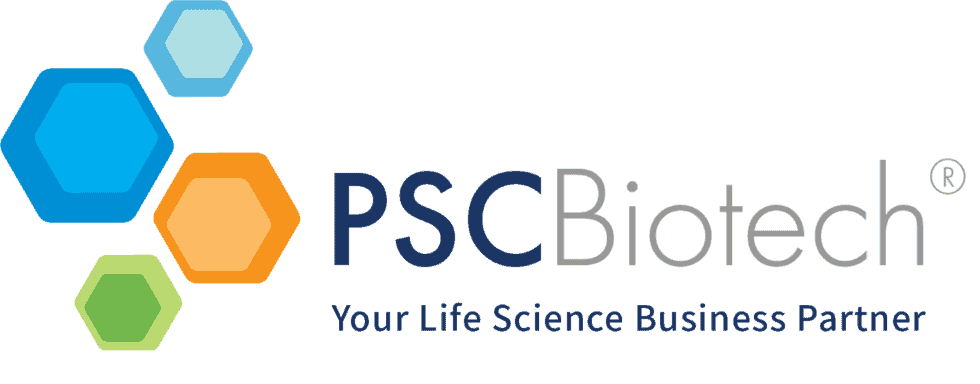With 25 years of life science experience in the books and seven of which at PSC Biotech™, I’ve worked in IVD compliance, manufacturing, validation and design controls and helped several companies meet ISO 13485, 21 CFR 820 standards as well as improving product quality and cost.
During my time at PSC Biotech™, a past client needed our expertise in preparing a Clinical Laboratory Improvement Amendments (CLIA) lab to comply with the ISO 13485 standard and prepare for a Food and Drug Administration (FDA) audit. They had recently submitted a lab-developed test (LDT) for approval as a service. In 2012, the FDA indicated that they intended
to enforce their regulations for higher risk LDT assays. These lab-developed tests are performed under CLIA regulations, however, due to the higher risks associated with the impact of the results, the FDA decided to enforce their regulations as well.
You may have read of the FDA enforcement activities at 23 and Me.
The FDA required them to submit the medical diagnostic portions of their genetic testing for review and approval under these regulations. Due to the fact that the medical device regulations are geared toward products rather than services such as these there are still gray areas to work through. I was able to help them improve their CLIA and CAP compliant procedures to meet FDA expectations without making them overly burdensome. When it comes to FDA regulations, one size doesn’t fit all, and it’s important to address the requirements as they apply to the risks of the product.
PSC Biotech’s part of the project came in two main areas: 1) updating
validation and manufacturing procedures to align with ICH guidelines and
industry best practices and 2) working with the software development team to improve the documentation on the analysis software and bringing the software development life cycle process into compliance with good automated manufacturing practice, or GAMP 5, guidance. There were many other areas where we worked with staff and the Lab Director to improve compliance and quality without interrupting lab operations. Validation is an important part of a good quality system. If done right it should make sense, but it’s easy to overwhelm with details that don’t add value, so it’s good to have people involved who understand why we do things. Some consultants will apply a standard template for any project, but you will be happier with the validation program if you know why the information is important.
Genetic testing such as this is very important. Many chemotherapy drugs are toxic. They will extend the lives of those that have cancer which they can help, but they can reduce the life expectancy of those that have a different type of tumor. By aligning the treatment with the genetic tumor type fewer people have to suffer through the toxic effects of those drugs with no benefits, while others can start on the most impactful drugs sooner.
We are proud to share that through our work at PSC Biotech™, the
assay has now been approved and, as a result, is helping doctors’ better treat cancer patients.

